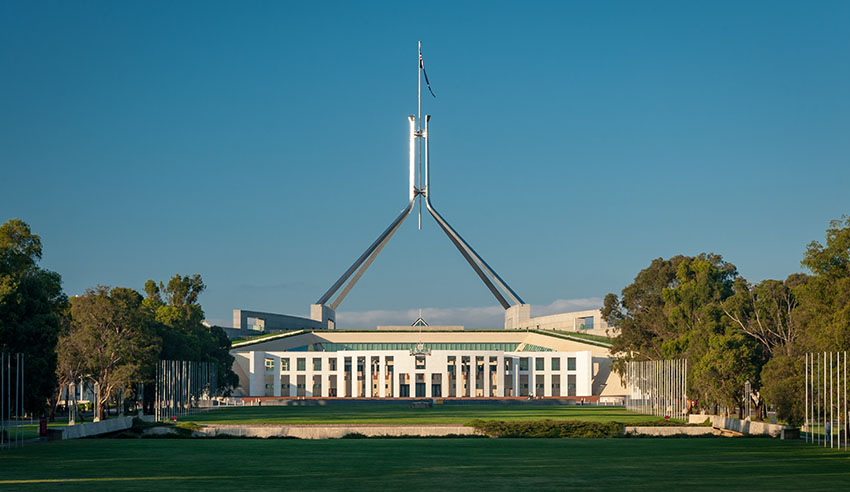LCA argues against national cabinet secrecy bill
A federal government push to exempt national cabinet disclosures from the Freedom of Information Act has been panned as having no “meaningful justification” by the Law Council of Australia, which also warned that information-gathering powers of investigatory bodies could be significantly altered if the legislation is approved.

The government’s bill to ensure that deliberations in meetings of state, territory and federal leaders do not come under the Freedom of Information Act (FOI) is currently being scrutinised by a senate committee. Although there may be merit in promoting candour, the Law Council of Australia (LCA) said the current FOI bill is enough.
To continue reading the rest of this article, please log in.
Create free account to get unlimited news articles and more!
The effect of the proposed amendment under the COAG Legislation Amendment Bill is that documents of the national cabinet would be “unconditionally exempt” from disclosure. The LCA further clarified that it would remove the requirements for the decision-maker to apply a public interest test when considering FOI requests.
In its submission to the finance and public administration committee, LCA wrote that it does not support the amendments and has recommended that it be omitted from the bill due to the “absence of meaningful justification for applying an absolute exemption based on the status rather than substance of information”.
The LCA added that the effective removal of a conditional, public interest-based exemption in favour of enabling the Commonwealth to rely upon an absolute exemption, “is likely to mean that the disclosure of information about the deliberations and decisions of the national cabinet will be left to the unguided discretion of the executive government of the day” as to whether it will approve.
Further, LCA argued that it would limit the statutory powers of the parliamentary joint committee on law enforcement to obtain and include in its reports any information relevant to its functions. It will also mean that the Commonwealth oversight bodies – including the Commonwealth Ombudsman, Australian Human Rights Commission, and Australian Commission for Law Enforcement Integrity – will be restricted.
Under the legislation in its current form, the oversight bodies would be exposed to the Attorney-General potentially issuing public interest certificates which would override its gathering powers in relation to any national cabinet information.
The LCA has previously expressed its significant reservations about the statutory non-disclosure certification regimes in their current form “because they are unacceptable impediments” to the independence of these bodies to obtain the necessary information to perform their statutory functions.
“The expansion of the grounds on which those certificates may be issued would exacerbate these already significant concerns,” LCA submitted.
The LCA has also argued that there are already adequate conditional exemptions from disclosure under the FOI Act, which apply if it can be objectively established that the disclosure of a particular document in question “is reasonably likely to cause harm to specific national interests and the future satisfaction of a public interest test”.






